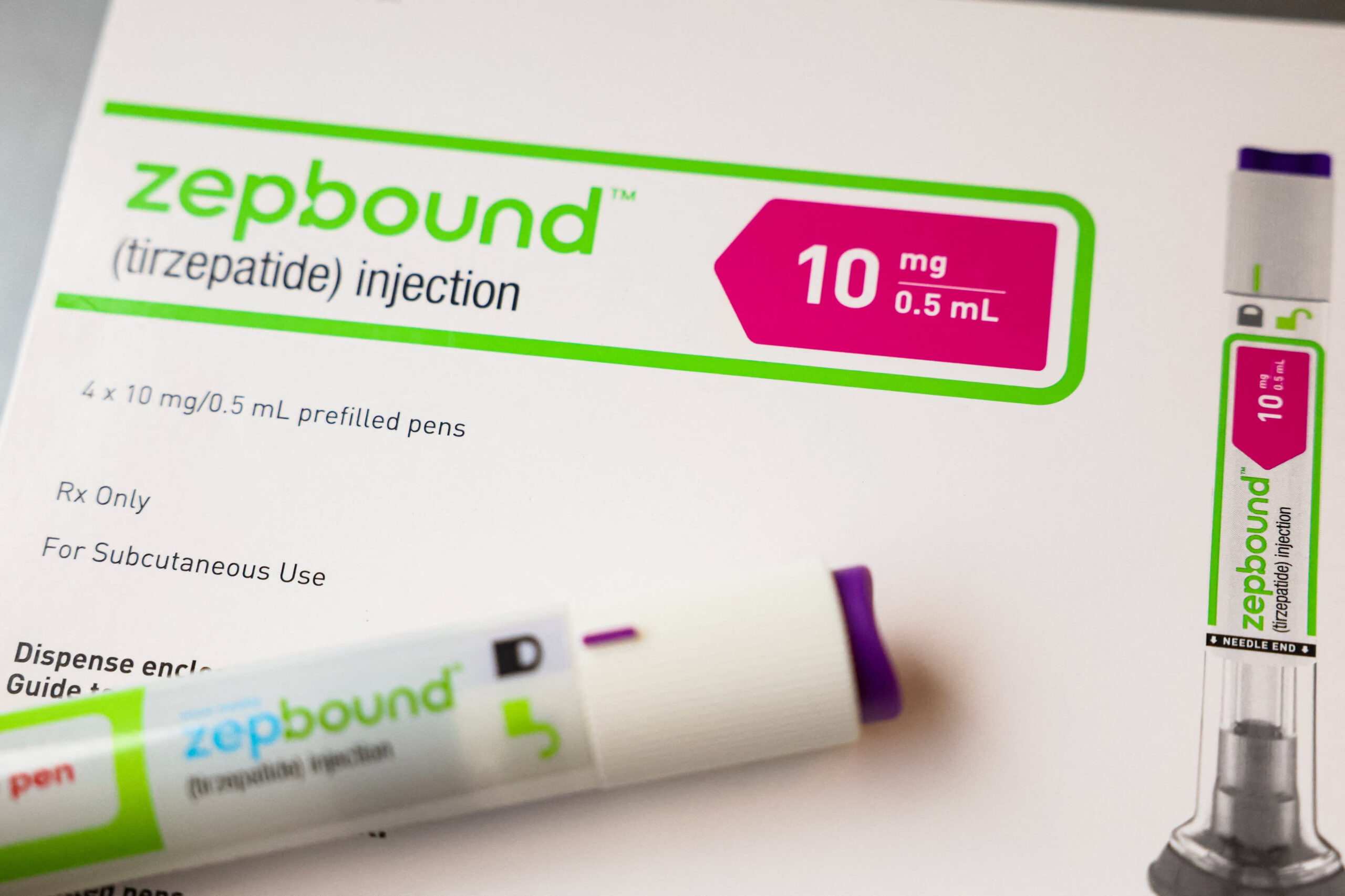A nasty thing about waging war is that your enemies have a habit of fighting back.
That’s a lesson German Chancellor Olaf Scholz would do well to keep in mind during his visit to China this week, amid a brewing trade fight over clean technology.
The visit comes within days of a trip by US Treasury Secretary Janet Yellen, who warned that “artificially cheap” Chinese-made electric vehicles (EVs), lithium-ion batteries and solar panels were causing “negative spillovers” in the United States and around the world.
Far from calling a ceasefire in President Donald Trump’s trade wars, the Biden administration appears now to be re-arming in an attempt to neutralise the issue ahead of elections in November.
That puts Germany in an uncomfortable position.
Thanks to Russia’s invasion of Ukraine, Berlin is already being forced to rethink its postwar commitment to pacifism. The increasingly entrenched US-China trade tensions are forcing a similar reckoning with its multilateral approach to international commerce.
The European Union (EU) in September announced an investigation into subsidies in the Chinese EV industry, and has since added probes into the country’s solar and wind sectors.
The position Scholz takes may decide whether this simmering fight intensifies, or dissipates.
Europe still has a substantial automobile trade surplus with China, but its lead is quickly narrowing.
Cars will be the most important bone of contention. Automobiles are Germany’s biggest export, and one where the EU still (just about) enjoys a surplus with China.
Volkswagen AG, BMW AG and Mercedes-Benz Group AG sell about a third of their cars in China, and the trade relationship is crucial – the Asian country serves as a lucrative end-market for high-end European-made autos, and a low-cost supplier of batteries, and potentially entire vehicles.
If Brussels did end up raising tariffs on Chinese imports, the blowback could be devastating.
European carmakers are already facing a tough market in China, thanks both to the weakness of local household spending and the competitive threat from cheaper locally made EVs.
Retaliatory tariffs and hostile consumer sentiment could deal a knockout blow. Hyundai Motor Co, which trailed only VW in 2014 as China’s best-selling car brand, has declined since a bitter 2015 falling-out between Beijing and Seoul over South Korea’s deployment of an anti-missile system, and barely scraped the top 20 last year.
Hyundai’s sales in China slumped to a 15-year low after a diplomatic falling-out. European companies, politicians and even lobby groups have so far taken a dramatically different tone in relation to China than their more hawkish counterparts across the Atlantic.
“Free trade needs to be our North Star, our guiding principle,” Oliver Zipse, BMW’s chairman, told journalists at an annual conference last month.
The European auto industry “is not massively damaged by the import of Chinese automobiles, nor is it in the interest of the EU to further impose customs on these products,” he added.
Tariffs on Chinese EVs should be reduced, not increased, his Mercedes-Benz counterpart Ola Källenius told the Financial Times last month.
Imports need “to be met with better product, better technology, more agility,” he was quoted as saying. “That is the market economy. Let competition play out.”
It’s not just German companies taking this stance. Stellantis NV is attempting to leapfrog its slow start in EVs through a �1.5bil (US$1.6bil) tie-up with China’s Zhejiang Leapmotor Technology Co.
Germany’s big three carmakers sell about a third of their vehicles in China.
President Xi Jinping, for his part, needs to extend an olive branch.
If China wants to disprove the febrile US talk about Beijing hollowing out the world’s industrial sector, it has the perfect opportunity to show how the trading relationship can be mutually beneficial.
To date, much of China’s investment into Europe’s automotive and EV battery sector has been focused on Hungary.
Chery Automobile Co and SAIC Motor Corp still reported to be scouting out European assembly plants, would do well to pick locations in the heart of the continent’s liberal democracies – and politicians in those countries should do all they can to attract them.
China can also pour oil on troubled waters by accommodating Europe’s desire to own a larger slice of its battery-materials supply chain.
Compared to the naked protectionism being promoted by the United States, Scholz could offer a more fruitful approach. Capitalists shouldn’t retreat into their shells at the first sign of competition.
It’s ironic that the United States, which pretty much invented the spirit of ebullient boosterism, is now the nation retreating from it most rapidly. Europe, and Germany, can show a better path. —Bloomberg
David Fickling is a Bloomberg Opinion columnist. The views expressed here are the writer’s own.
